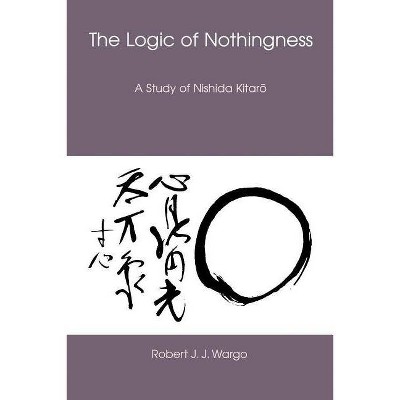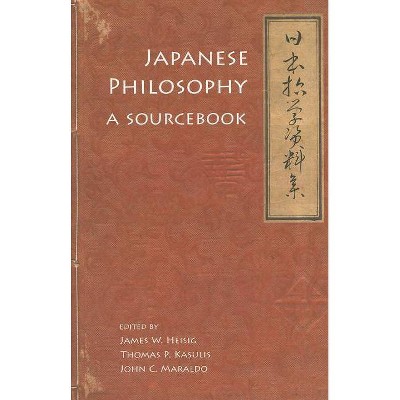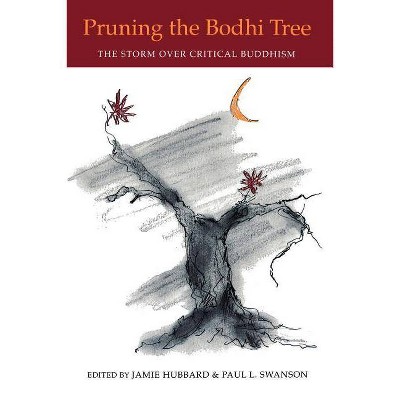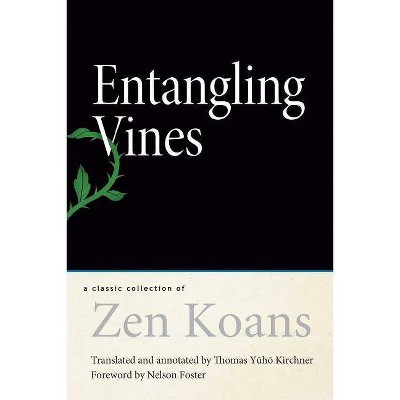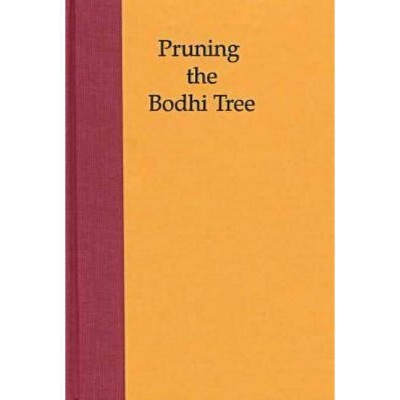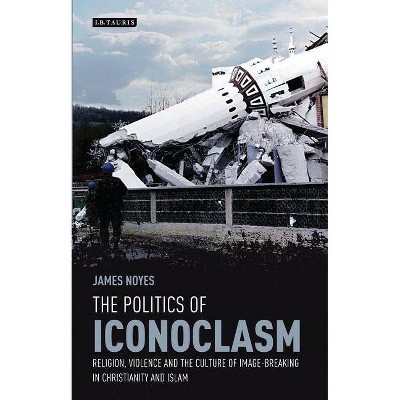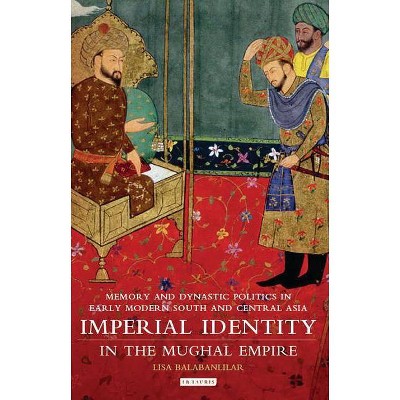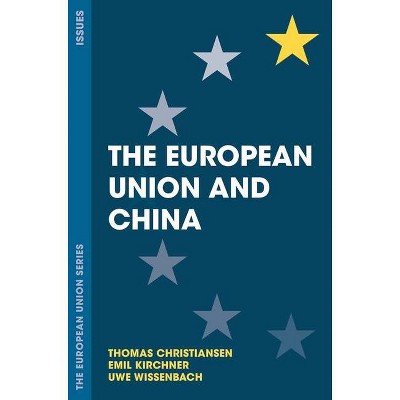The Record of Linji - (Nanzan Library of Asian Religion and Culture) by Thomas Yuho Kirchner (Paperback)
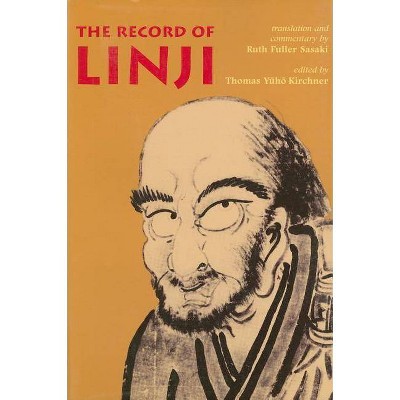
Similar Products
Products of same category from the store
AllProduct info
<p/><br></br><p><b> Book Synopsis </b></p></br></br><p>The Linji lu (Record of Linji) has been an essential text of Chinese and Japanese Zen Buddhism for nearly a thousand years. A compilation of sermons, statements, and acts attributed to the great Chinese Zen master Linji Yixuan (d. 866), it serves as both an authoritative statement of Zen's basic standpoint and a central source of material for Zen koan practice. Scholars study the text for its importance in understanding both Zen thought and East Asian Mahayana doctrine, while Zen practitioners cherish it for its unusual simplicity, directness, and ability to inspire. <p/>One of the earliest attempts to translate this important work into English was by Sasaki Shigetsu (1882-1945), a pioneer Zen master in the U.S. and the founder of the First Zen Institute of America. At the time of his death, he entrusted the project to his wife, Ruth Fuller Sasaki, who in 1949 moved to Japan and there founded a branch of the First Zen Institute at Daitoku-ji. Mrs. Sasaki, determined to produce a definitive translation, assembled a team of talented young scholars, both Japanese and Western, who in the following years retranslated the text in accordance with modern research on Tang-dynasty colloquial Chinese. As they worked on the translation, they compiled hundreds of detailed notes explaining every technical term, vernacular expression, and literary reference. One of the team, Yanagida Seizan (later Japan's preeminent Zen historian), produced a lengthy introduction that outlined the emergence of Chinese Zen, presented a biography of Linji, and traced the textual development of the Linji lu. The sudden death of Mrs. Sasaki in 1967 brought the nearly completed project to a halt. An abbreviated version of the book was published in 1975, but neither this nor any other English translations that subsequently appeared contain the type of detailed historical, linguistic, and doctrinal annotation that was central to Mrs. Sasaki's plan. <p/>The materials assembled by Mrs. Sasaki and her team are finally available in the present edition of the Record of Linji. Chinese readings have been changed to Pinyin and the translation itself has been revised in line with subsequent research by Iriya Yoshitaka and Yanagida Seizan, the scholars who advised Mrs. Sasaki. The notes, nearly six hundred in all, are almost entirely based on primary sources and thus retain their value despite the nearly forty years since their preparation. They provide a rich context for Linji's teachings, supplying a wealth of information on Tang colloquial expressions, Buddhist thought, and Zen history, much of which is unavailable anywhere else in English. This revised edition of the Record of Linji is certain to be of great value to Buddhist scholars, Zen practitioners, and readers interested in Asian Buddhism.</p><p/><br></br><p><b> Review Quotes </b></p></br></br><br>A masterpiece of scholarship not only on Linji Chan, but also on Chinese Buddhist language and history--the annotations, which constitute almost two-thirds of the book, explain in astonishing detail the meanings, references, and grammar of each line of text. The edition preserves the excellent historical introduction, and includes a lengthy glossary, index, and table of names.-- "<i>Buddhadharma: The Practitioner's Quarterly</i>"<br><br>Buy [this] book. Better yet, buy and read and study [it], immersing yourself into a totally remarkable religious and linguistic universe. As you do so, and as you read any of the modern works on Zen so deeply indebted to the legacy of this remarkable project, give thanks and transfer any merit deriving from your study to the memory of Sasaki, Iriya, Yampolsky, and Yanagida Gassho.-- "<i>H-Buddhism</i>"<br><br>Splendid. . . . It would be difficult to make this magisterial work of scholarship any more user friendly, and no doubt it will serve as a vade mecum for future generations of students and scholars of the Chan tradition.-- "<i>Eastern Buddhist</i>"<br><br>This book will become the standard translation of the Linji lu and will be frequently consulted for years to come.-- "<i>Journal of Chinese Religion</i>"<br><p/><br></br><p><b> About the Author </b></p></br></br>Thomas Yuho Kirchner (Editor) Thomas Yuho Kirchner is associate researcher at the International Research Institute for Zen Buddhism at Hanazono University in Kyoto. He spent ten years in Japanese Rinzai Zen monasteries before taking positions at the Nanzan Institute for Religion and Culture and Hanazono University.Ruth Fuller Sasaki (Translator) Ruth Fuller Sasaki (1892-1967) combined an early interest in Theravada Buddhism and Indian languages with the practice of yoga and Zen. After moving to Kyoto in 1949 she devoted herself to helping Westerners interested in Zen and producing a highly regarded series of books, including Zen Dust (1966), The Recorded Sayings of Layman P'ang(1971), and The Record of Lin-chi (1975).
Price History
Price Archive shows prices from various stores, lets you see history and find the cheapest. There is no actual sale on the website. For all support, inquiry and suggestion messagescommunication@pricearchive.us

